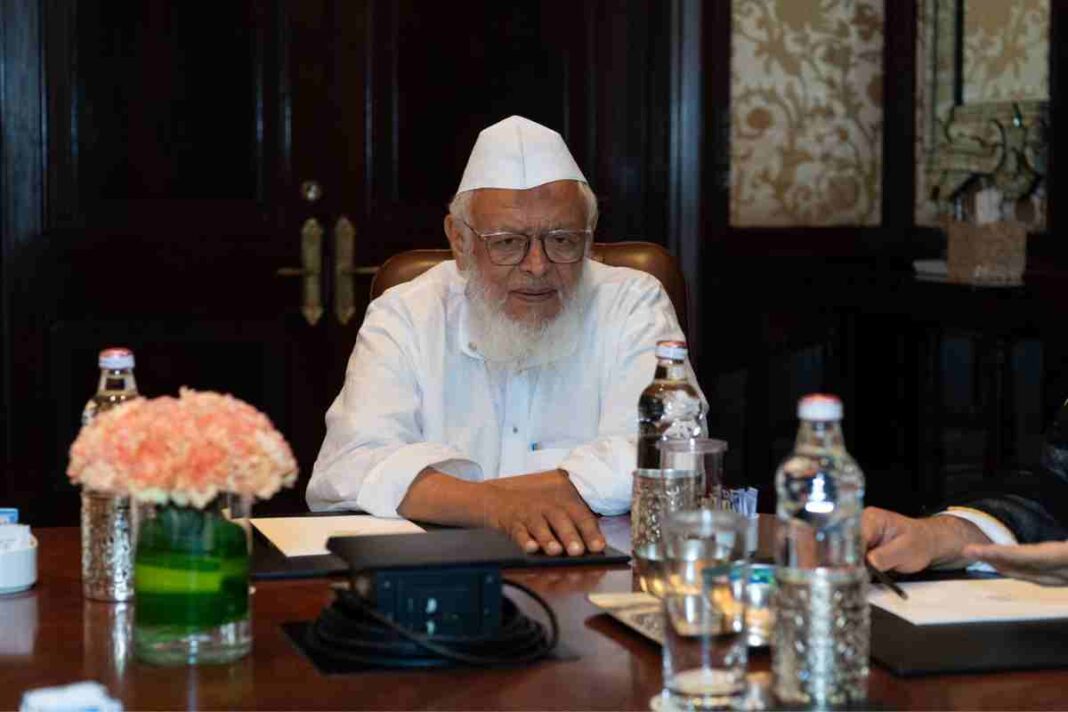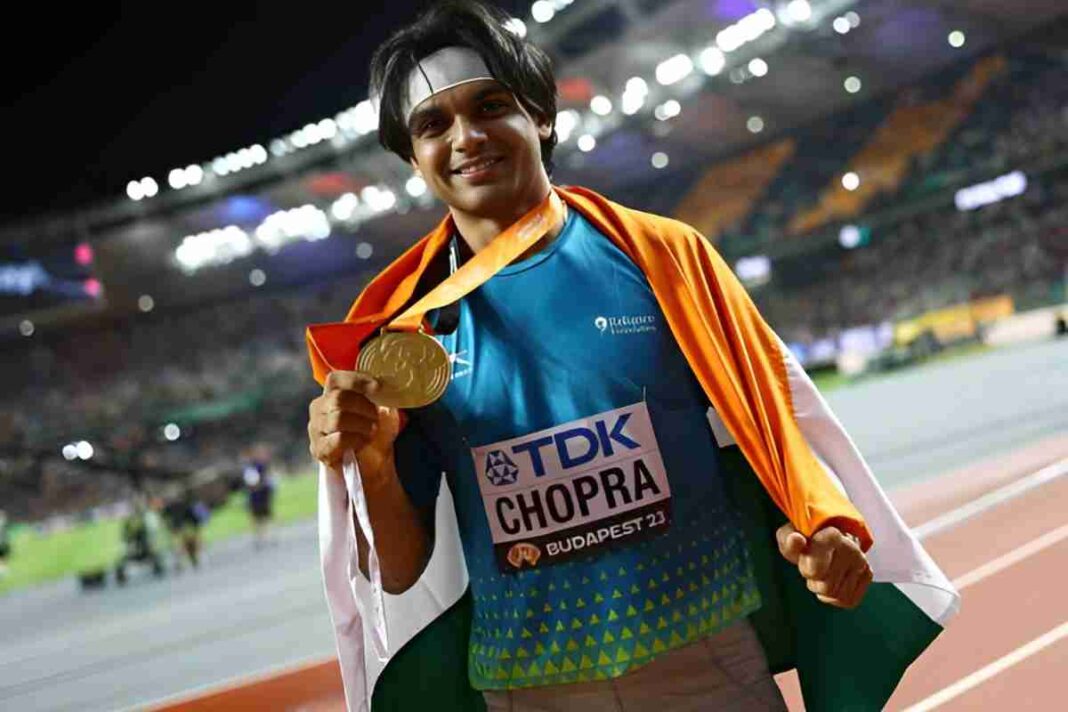In the recent past, India has witnessed two momentous religious congregations that take profound lessons from its Ulama, the esteemed scholars of Islam. The first assembly convened Indian and Indonesian Ulema, symbolizing the dialogue between faiths. On a parallel mission, the second she welcomed Sheikh Mohammed Abdul Karim al-Issa, chief of the Saudi-based World Muslim League. Both events have traced reformist pathways that now beckon Indian Ulama to adapt swiftly.
India and Indonesia each boast vast Muslim populations, around 200 million strong. The religious activities of these masses imprint a lasting image of Islam and its role in global politics. Both nations, with rich histories of religious diversity, naturally emphasize democratic principles of coexistence and harmony.
India seeks to embrace Indonesia’s “moderate Islam” ideology, extending a hand of support and cooperation. Indian Ulama must draw inspiration from Nahdlatul Ulama, engaging in educational initiatives and crafting a mutually agreed reform charter. Additionally, they must proactively advocate for madrasa reforms while eschewing any “theory of distance from non-Muslims” that might exist within Muslim society.
Like Nahdlatul Ulama, the World Muslim League based in Jeddah demonstrated bold reforms under Dr. al-Issa’s leadership. Dr. al-Issa, backed by Saudi Crown Prince Mohammed Bin Salman’s reformist vision, has discarded discord-sowing and ambiguous religious texts. This transformation of doctrinaire views makes room for inclusivity and changing perspectives.
The MWL, guided by moderation and an earnest pursuit of global harmony, is a testament to this evolution. Dr. al-Issa urged scholars to eliminate “toxic literature” and reform religious textbooks during his India visit. He commended India as an ideal democracy and haven for Muslims.
The impetus now lies with Indian Ulama to take cues from Nahdlatul Ulama and the MWL. Indian Ulama must courageously embrace a path of reform led by leading seminaries and scholars who have thus far commanded attention. The moment calls for action; time is of the essence.
For a detailed story, please visit: Awaz the voice
Also Read: Chandni Begum: The Courtesan Poetess
You can connect with DNN24 on Facebook, Twitter, and Instagram and subscribe to our YouTube channel.



